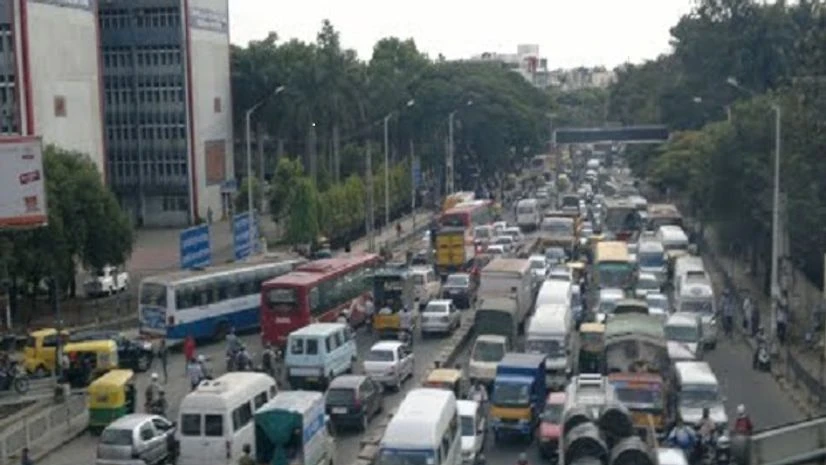Share prices of automobile makers closed lower in a weak market after the National Green Tribunal (NGT) order prohibiting new registration of diesel vehicles procured by the central and Delhi city governments, as well as their departments/public authorities.

Still, the ban’s impact is not significant, as the two governments account for less than one per cent of domestic PV sales.
Delhi is estimated to account for five to seven per cent of total domestic PV sales. Of this, a little over 60 per cent are estimated to be petrol-driven. Nationally, the proportion of diesel-powered cars has already been coming down, due to bridging of the price gap with petrol. The share of diesel cars has come down from 53 per cent in FY14 to about 48 cent of the total in FY15; in FY16, the trend has gained pace.
The worry would be if the ban is extended to private vehicles and to other cities. Then, the impact would be the biggest on Mahindra & Mahindra (M&M), says Angel Broking’s Bharat Gianani. Unlike its peers, the company lacks a petrol-driven portfolio of vehicles.
Given the petrol and CNG variants of Maruti Suzuki, it won’t be difficult for the company to change the mix in favour of non-diesel variants. Delhi is an important market for Maruti, the country’s largest passenger car maker. In fact, the company is expected to be the biggest beneficiary of the 24 per cent rise in salaries and pensions awarded to government employees and ex-staffers from 2016, as 17 per cent of its sales come from this segment. Tata Motors has many non-diesel options, too.
On Friday, the stock of M&M was down 2.2 per cent to Rs 1,262, while Maruti closed flat at Rs 4,481. Though those of Ashok Leyland, Tata Motors and Eicher Motors dropped nearly three per cent each, analysts believe incremental addition to Delhi's CNG-based bus fleet would help these companies. The city government plans to add about 3,000 buses by December 2016. Though this is just over one per cent of annual sales of medium and heavy commercial vehicles, it will be incremental sales in a sector struggling to get new orders.
Notably, as an interim measure, NGT also said diesel vehicles more than 10 years old would not be re-registered in Delhi. Earlier, it had also proposed to ban re-registration of petrol passenger vehicles more than 15 years old. If these are implemented, it should lead to an increase in demand for new vehicles as old ones get phased out earlier. The direction is clear — diesel finds less favour.

)
